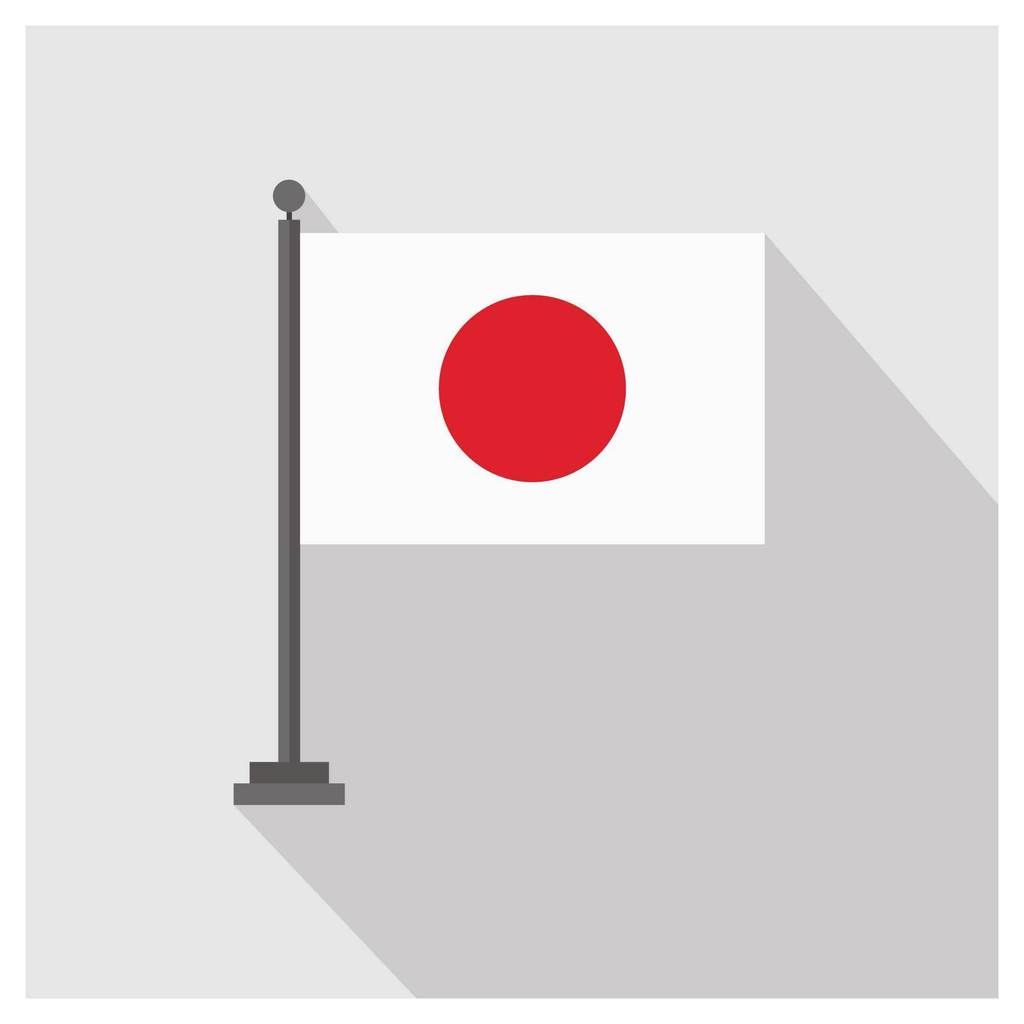BioCryst Seeks Berotralstat Approval in Japan for Prevention of HAE Attacks
Written by |

BioCryst Pharmaceuticals has submitted an application to the Japanese regulatory authority asking that oral berotralstat (BCX7353) be approved for the prevention of swelling attacks in people with hereditary angioedema (HAE).
The new drug application (NDA), submitted to the Pharmaceuticals and Medical Devices Agency (PMDA) in Japan, follows a similar application filed with the U.S. Food and Drug Administration (FDA) in December.
Both were supported by data from two Phase 3 studies — the APeX-2 (NCT03485911) and the APeX-J (NCT03873116) — that showed that a once-daily, 150 mg capsule of berotralstat is safe and lowers the mean attack rate by more than two thirds.
If accepted, “berotralstat would be the first approved chronic therapy for HAE patients in Japan and would address a significant unmet medical need,” Jon Stonehouse, president and CEO of BioCryst, said in a press release.
Berotralstat is an oral inhibitor of plasma kallikrein, a precursor of bradykinin, which is overproduced in people with HAE, leading to the signs and symptoms of the disease. Bradykinin is an inflammatory molecule that regulates blood pressure and inflammation by causing small blood vessels to dilate or widen. Excessive bradykinin leads to angioedema and pain.
By inhibiting kallikrein, berotralstat reduces the amount of bradykinin in people with HAE, preventing angioedema attacks.
The safety and efficacy of berotralstat is being assessed in two randomized, placebo-controlled, Phase 3 trials: APEX-2, involving 121 individuals across the U.S., Europe, and Canada, and APEX-J including 24 participants in Japan.
Both included patients lacking a normal C1 inhibitor protein — people with type 1 or type 2 HAE — who were assigned randomly to receive either berotralstat (in a dose of 110 mg or 150 mg) or a placebo over a 24-week period.
The primary goal — to determine if berotralstat reduced the rate of swelling attacks during that period — was met on both trials. Participants receiving the 150 mg dose had significantly fewer swelling attacks over the 24 weeks compared with those on placebo.
While the exact numbers are not yet available for APEX-J, the reduction reached 44% for those in APEX-2. No serious adverse events related to the therapy were reported.
“The data from APeX-J and the berotralstat clinical program are very exciting for HAE patients in Japan,” said Isao Ohsawa, president of Saiyu Soka hospital and principal investigator of the APeX-J trial.
“Based on the clinical benefit observed in patients in APeX-J, I expect many patients in Japan will want to use this new treatment, once it becomes available,” Ohsawa said.
Berotralstat was granted fast track designation by the FDA and recommended for orphan drug status by the European Medicines Agency (EMA) in 2018. It also received Sakigake designation in Japan, which promotes the development of innovative medicines.
BioCryst has licensed rights to Torii Pharmaceutical for the commercialization of berotralstat in Japan.


